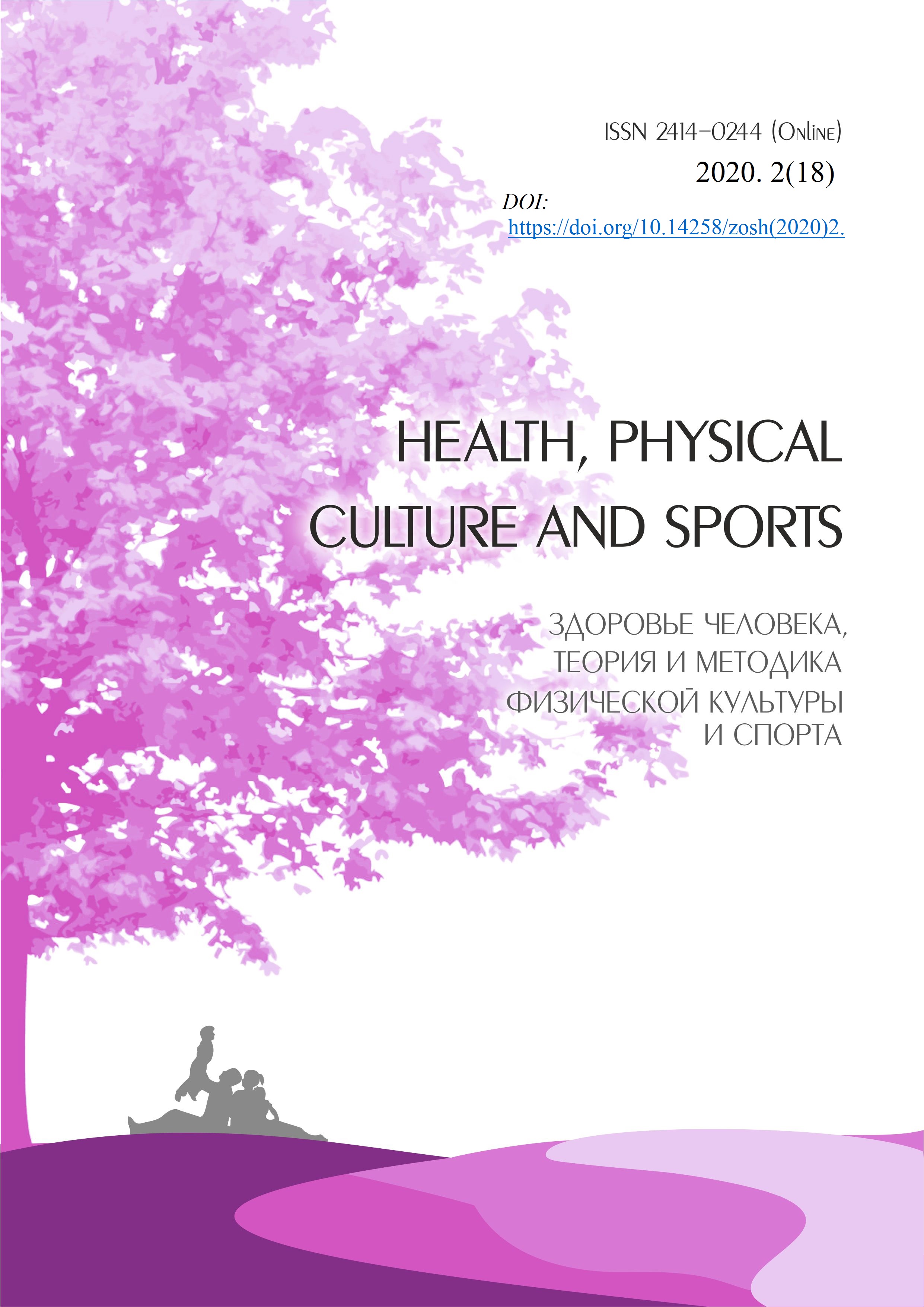Phenomenology and fundamental differences between the two terms: healthy lifestyle and healthy lifestyle
Abstract
The article presents the fundamental differences between the two terms widely used in domestic studies of the phenomenon of health: “healthy lifestyle” and “healthy image”. Semantic analysis showed that a number of authors mix these terms within the same study. In biomedical research, the term “healthy lifestyle” is preferred in the context of the correction of risk factors for harm to health. In our opinion, the lifestyle determines the mode of existence that allows you to most fully realize the individual goals of the individual or adapt to the environment that at a given moment determines the main type of human activity. Reflecting on the lifestyle, we asked ourselves the question: “How to characterize a healthy person? And how legitimate is it to limit motivation for life in all its diversity to the framework of the postulate “healthy lifestyle”? How often, a physically healthy person with a high quality of life index feels endless apathy, and on the contrary, we observe high personal success in someone who is deprived of good physical health from birth. We cannot find unambiguous answers to these questions, but we can advise using the concept of a “healthy lifestyle” for psychological and pedagogical research as a more capacious construct that does not require strict standardization.
Downloads
References
References
Adler, A. (1995) Practice and theory of individual psychology. Moscow, 1995. Р. 435 Belenov, D. L. (2006). Individual approach to the formation of a healthy lifestyle. Theory and practice of physical culture. 2006. no. 1. Pp. 50-52. Bondin, V. I. (2018). Healthy lifestyle. Moscow: The world of science, 2018. Vilensky, M. Ya. (2009). Healthy lifestyle of a student: methodological analysis. Pedagogical education and science. 2009. no. 3. Pp. 15-18. Evseev, Yu. I. (2007). Physical culture. Rostov-on-don: Phoenix, 2007. Р. 387 Health-Forming potential of natural science education of Junior schoolchildren: ways and means of its actualization. School pedagogy. 2015, 1 (1). Рр. 13-21. Ignatova, V. A. (2005). If you want to be healthy. Tyumen: Express, 2005. Р. 200 Kazin, E. M. (2005). Fundamentals of individual human health: introduction to General and applied valeology: textbook for Universities. Moscow: VLADOS, 2000. Р. 192 Sergeeva, S. V. (2016). Formation of social competencies of students in a technical University as a multi-level educational complex. Integration of education. 2016. 4(20). Pp. 484-492. Sergeeva, B. V. Ways of forming a healthy lifestyle of younger schoolchildren in extracurricular activities. Human health, theory and methodology of physical culture and sport, 2 (9). Pp. 50-62. Yugova, E. A. (2016). Development of structure and content of meaning-forming constructs of healthy lifestyle of students. Pedagogical education in Russia. 2016. No. 1. P. 110-115. Yadov, V. A. (1995) Sociological research: methodology, programs, methods. Samara: Samara University, 1995. Р. 332
Copyright (c) 2020 Health, physical culture and sports

This work is licensed under a Creative Commons Attribution-NonCommercial 4.0 International License.
An author should not normally publish manuscripts describing essentially the same research in multiple journals or publication venues. Such redundant publication is generally considered to constitute unethical publishing behavior, and if discovered may result in a manuscript under consideration being rejected, or a published article being retracted.
Authors of manuscripts reporting on original research should present an accurate account of the work performed, accompanied by an objective discussion of its significance. Underlying data should be represented accurately in the manuscript. The manuscript should contain sufficient detail and references to permit others to replicate the work. The fabrication of results and the making of fraudulent or knowingly inaccurate statements constitute unethical behavior and may be cause for rejection or retraction of a manuscript or published article.





